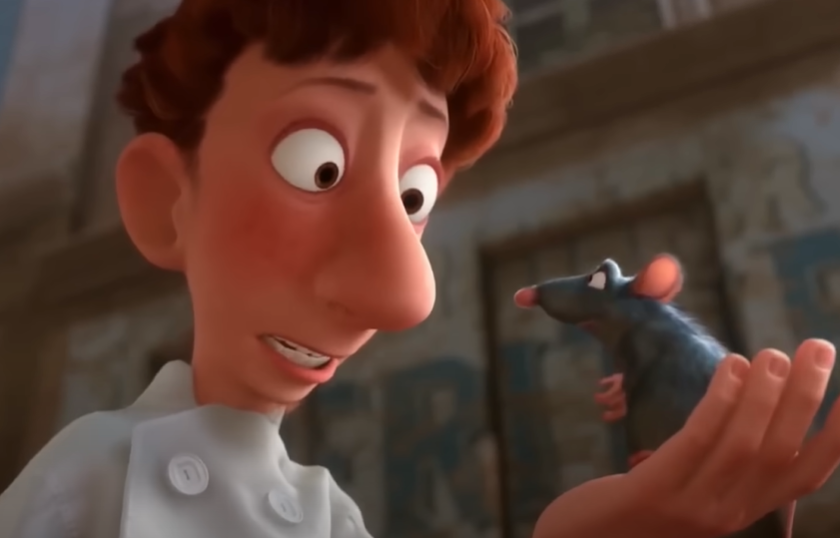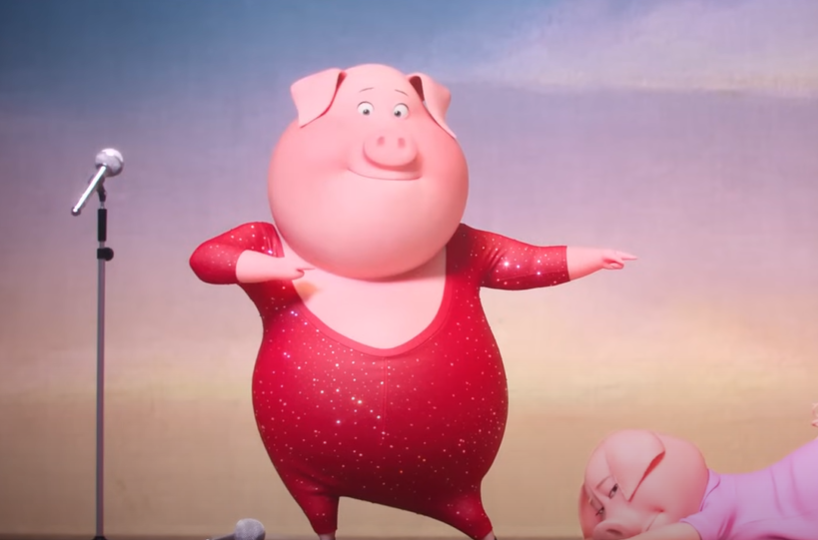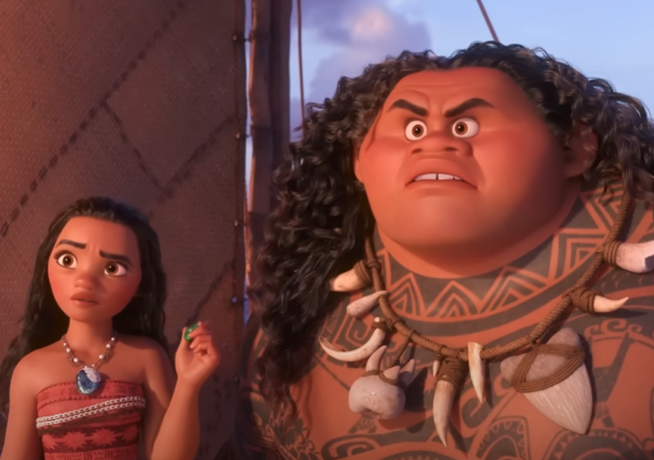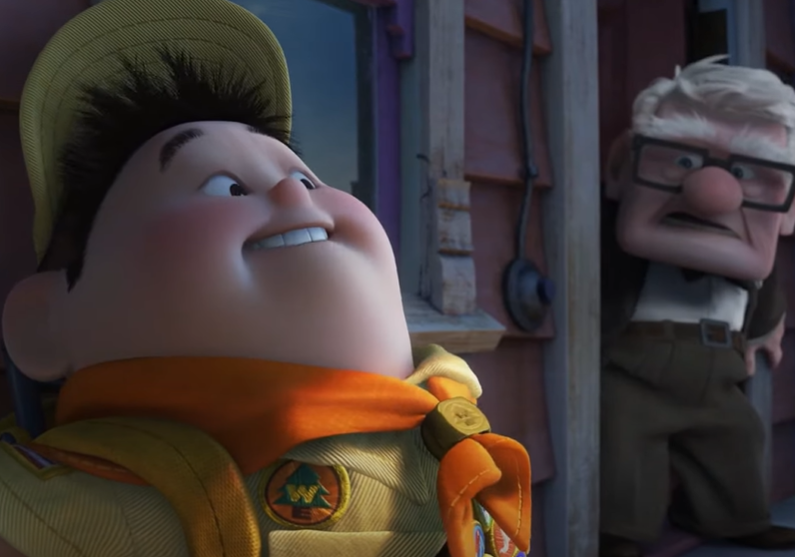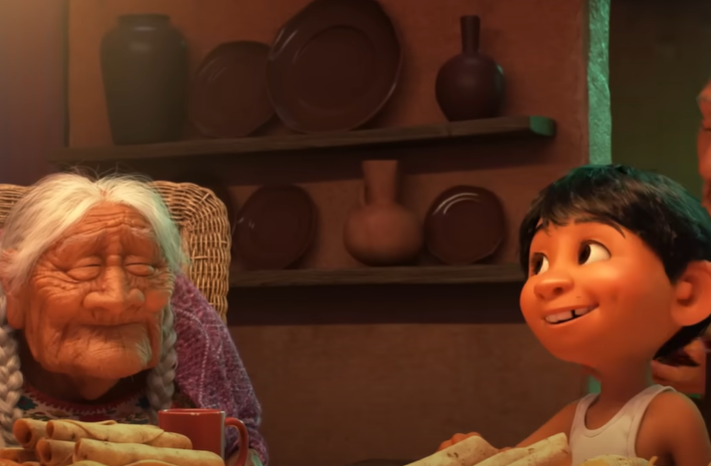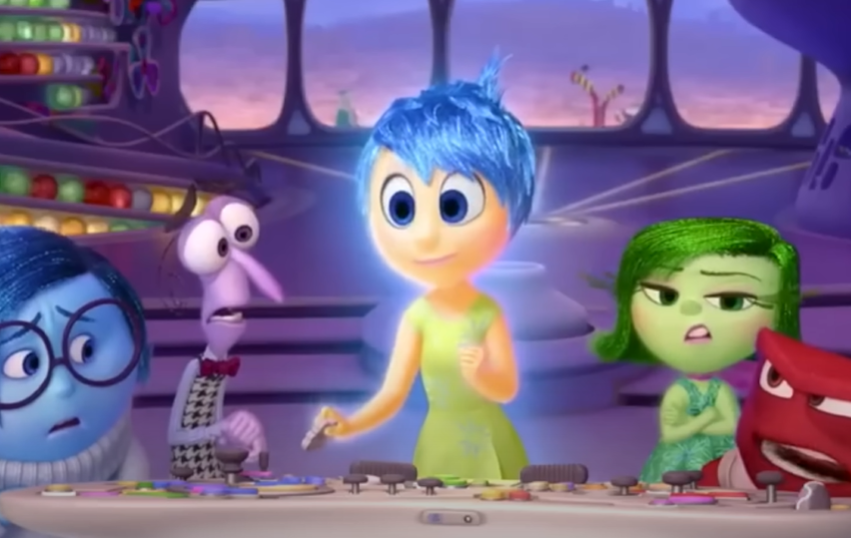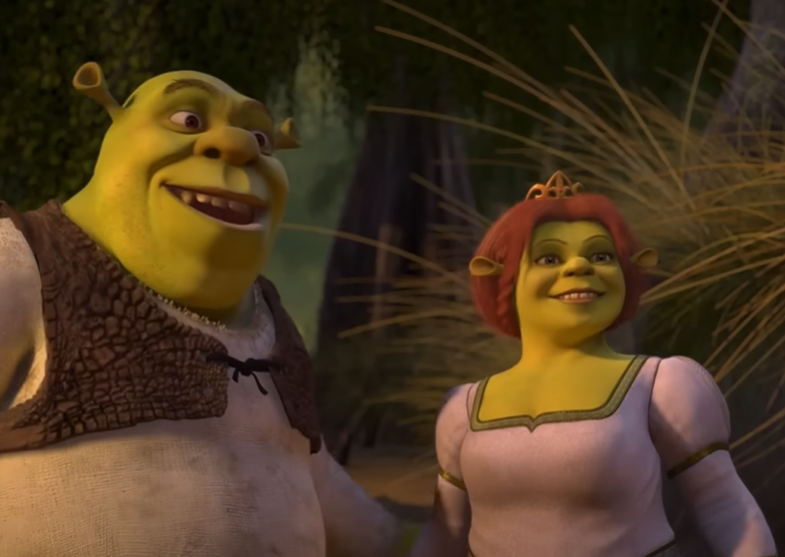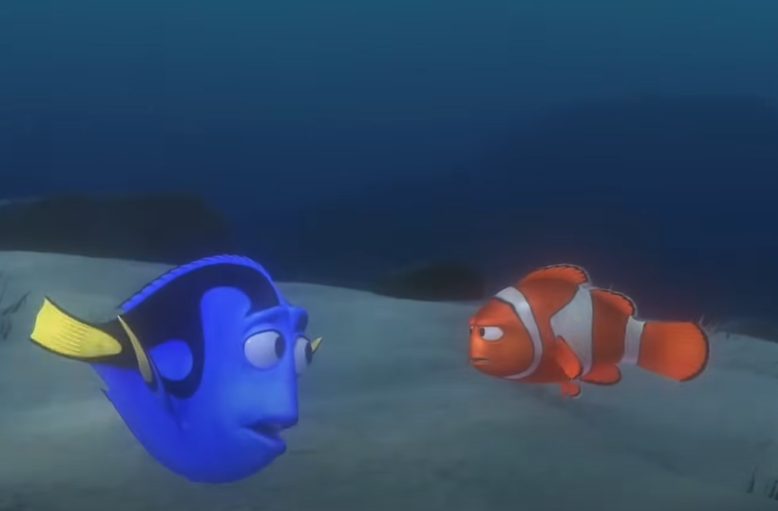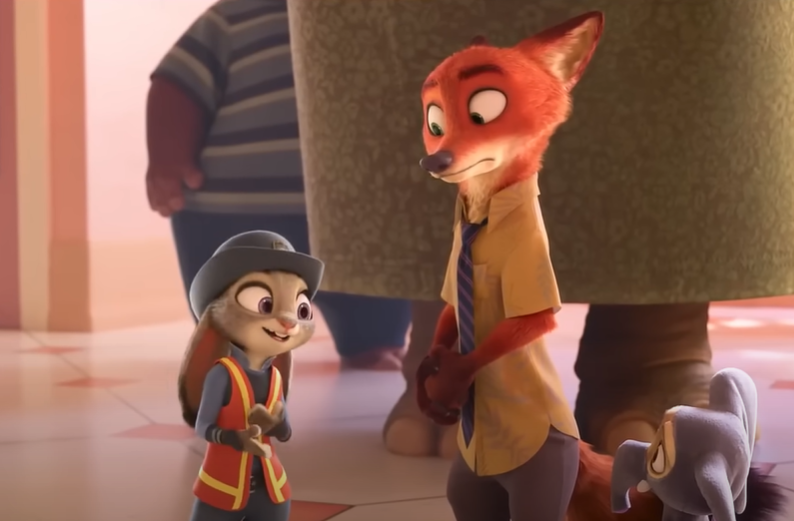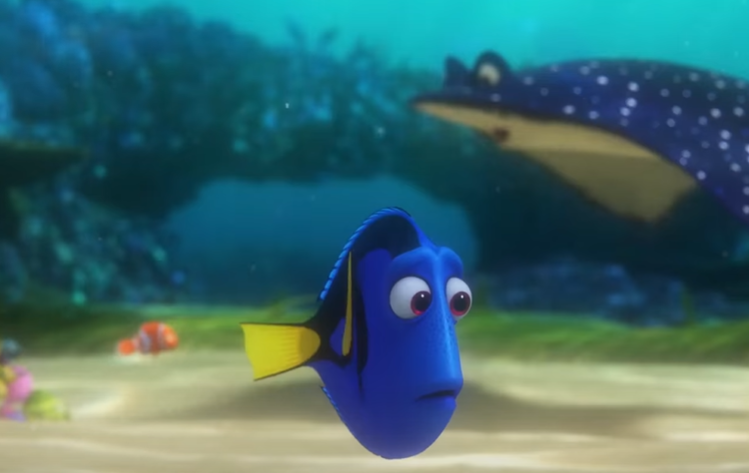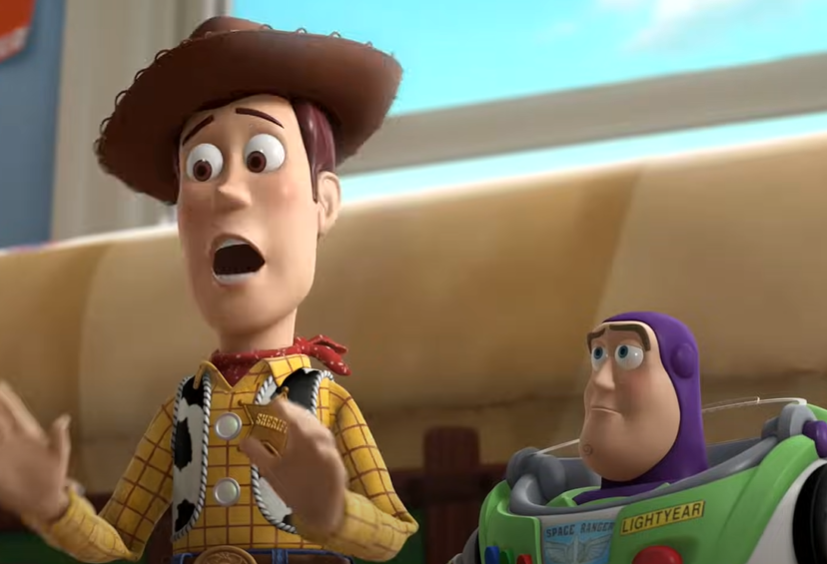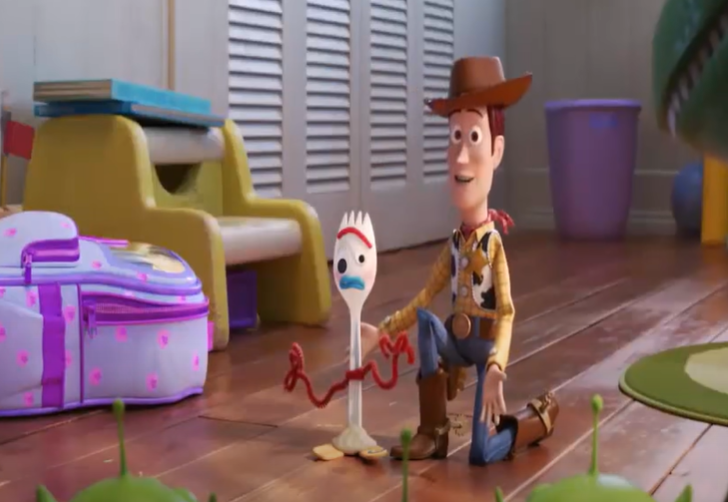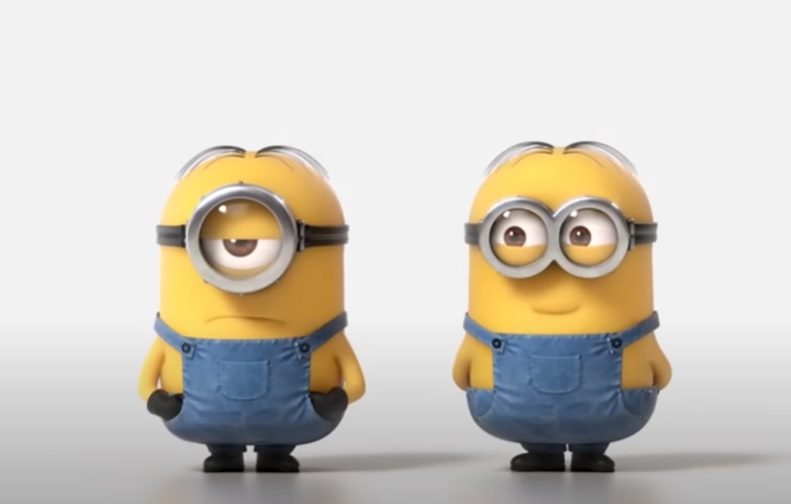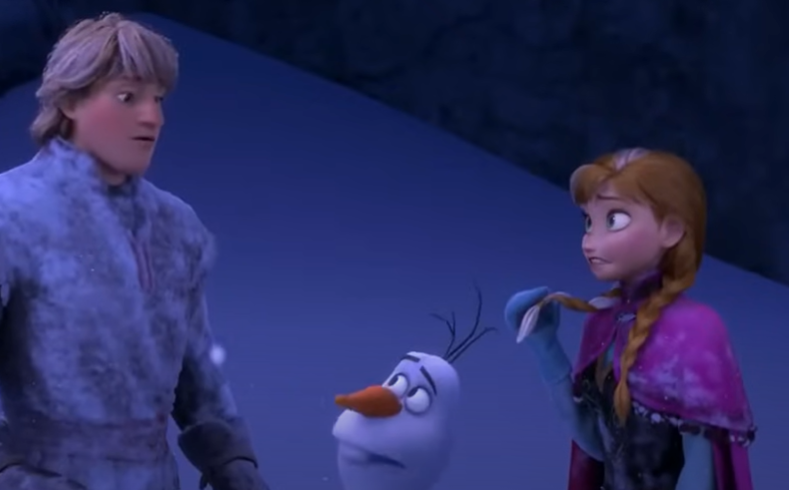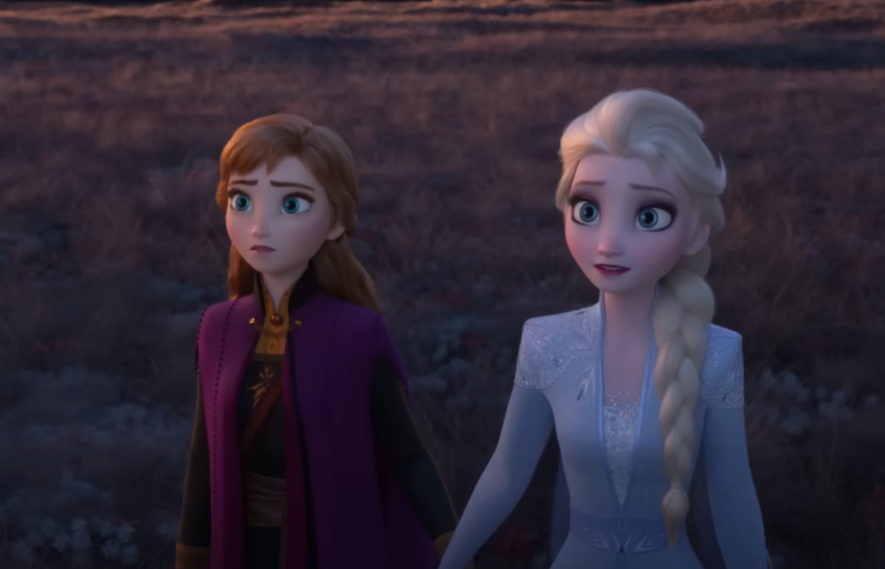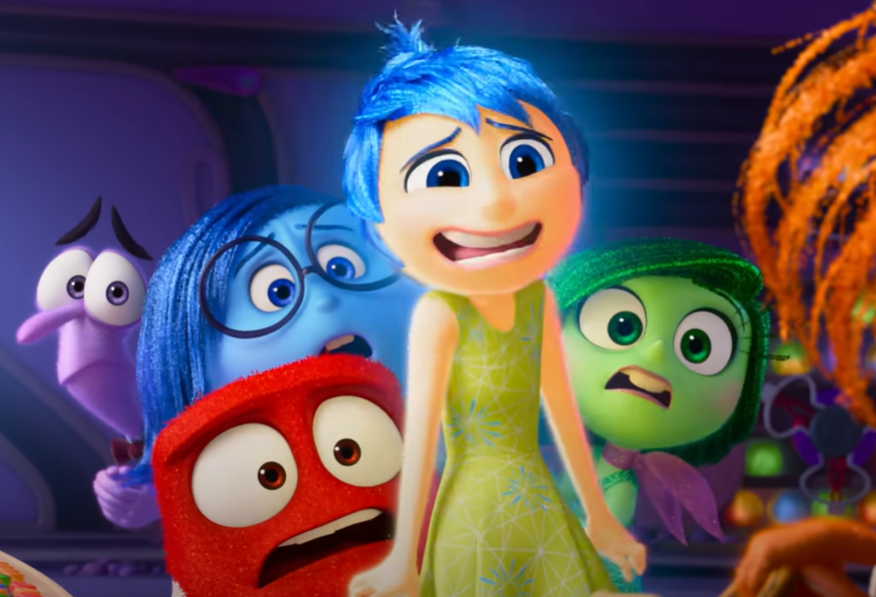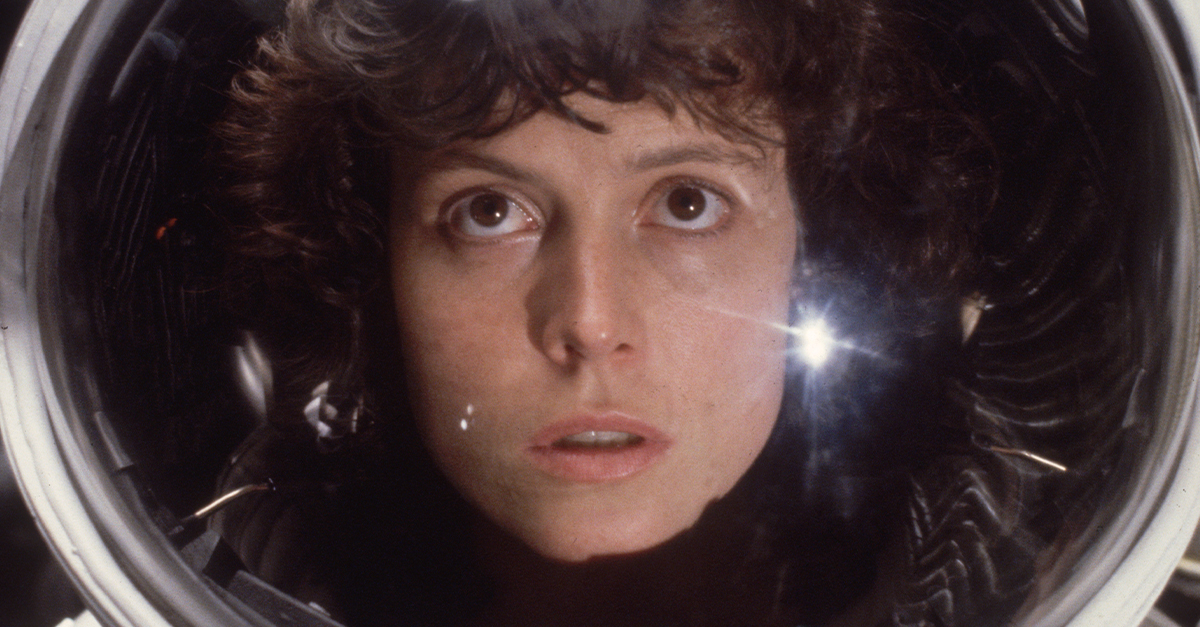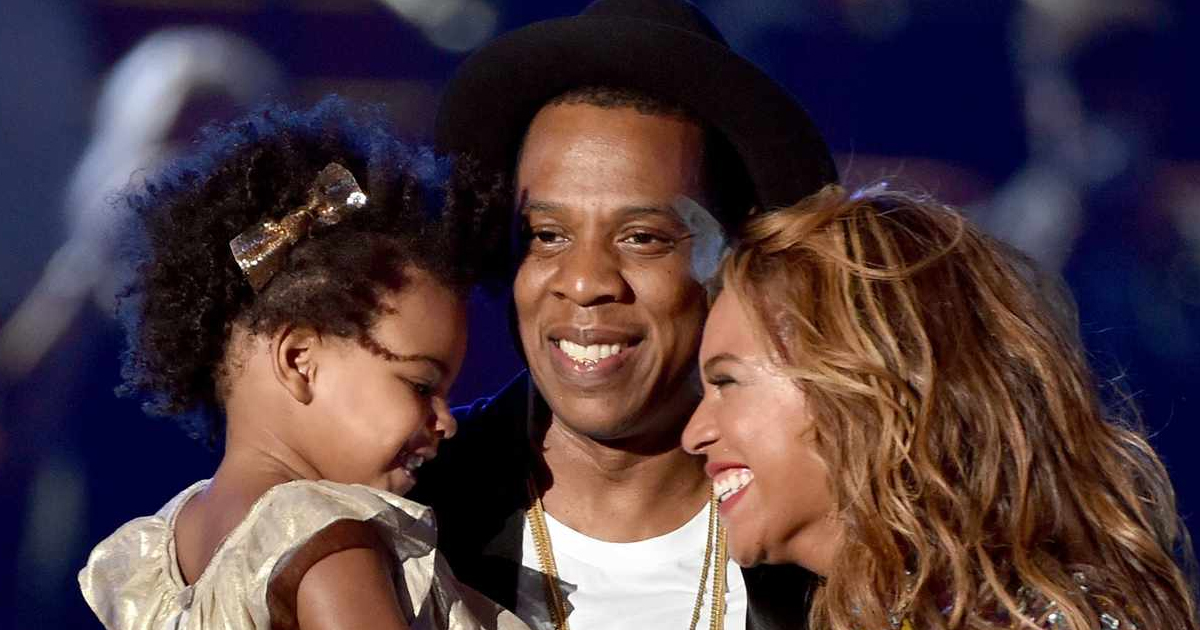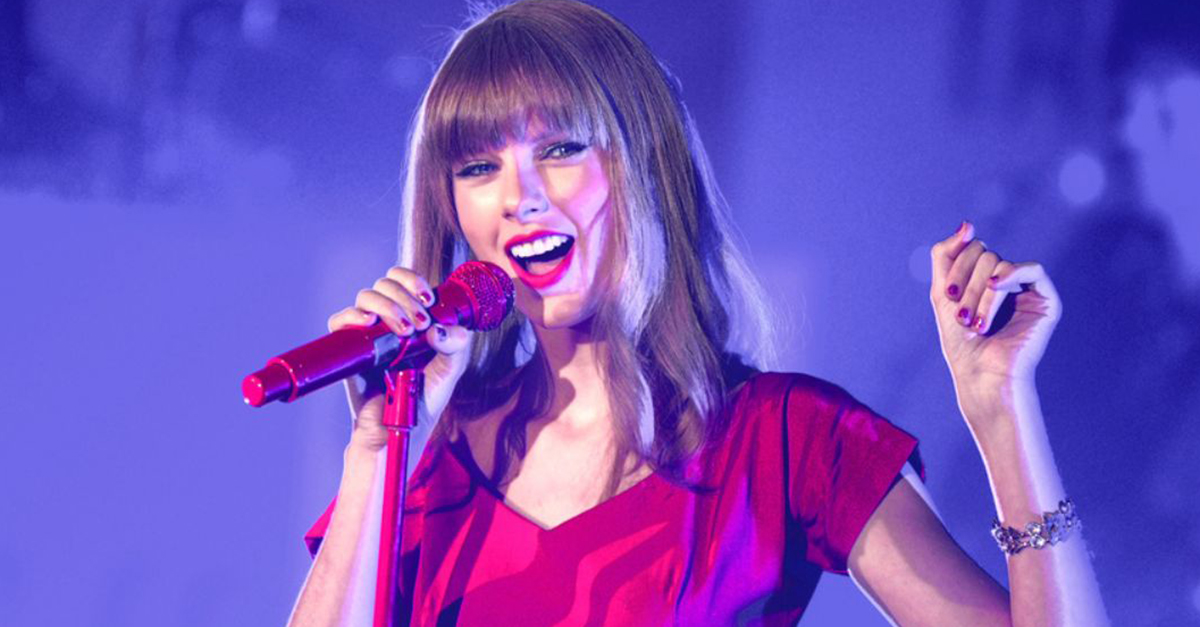A New Century Brings New Success
The 90s saw the advent of computer-generated animation techniques that gradually replaced traditional hand-drawn animation. New computer animation studios continued their 90s box office success into the 21st century, while traditional studios like Disney also adapted to the new technology. All the movies on the following list of the highest-grossing animated films were made after 2000, with one notable exception (All figures in US dollars, not adjusted for inflation).
How To Train Your Dragon 2 (2014)
Box Office Revenue: $621.5 million
The second of a trilogy of films based on Cressida Cowell’s fantasy novels tells the further adventures of a boy and his dragon. The DreamWorks production was praised by critics, receiving the Golden Globe Award for Best Animated Feature.
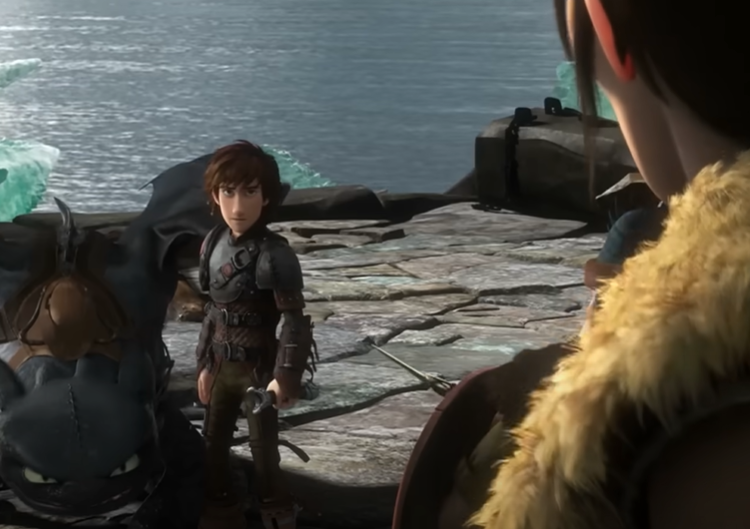 DreamWorks, How to Train Your Dragon 2 (2014)
DreamWorks, How to Train Your Dragon 2 (2014)
Ratatouille (2007)
Box Office Revenue: $623.7 million
The unlikely friendship between a rat and a kitchen helper in a Paris restaurant is the subject of this film by Pixar Studios for Disney. The story, score, and voice acting won the acclaim of critics and the film went on to win the Oscar for Best Animated Feature.
The Incredibles (2004)
Box Office Revenue: $631.7 million
A Pixar production released by Disney, this film about a family of superheroes was noted for its engaging blend of humor and action. A critical and commercial success, it took home Academy Awards for Best Animated Feature and Best Sound Editing.
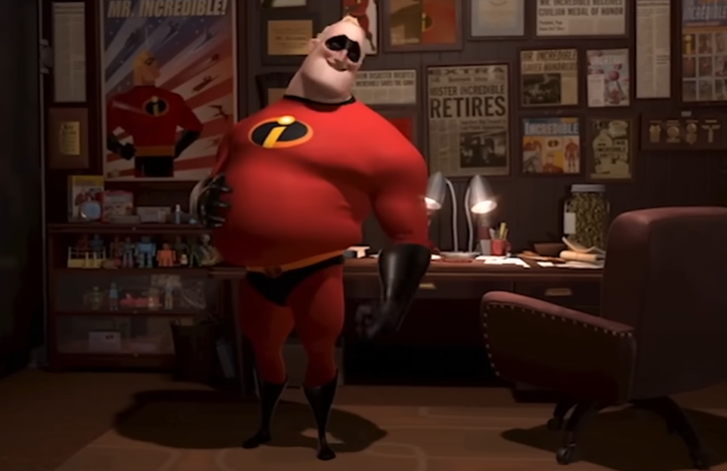 Walt Disney, The Incredibles (2004)
Walt Disney, The Incredibles (2004)
Kung Fu Panda (2008)
Box Office Revenue: $632.1 million
This DreamWorks production about a bumbling panda bear who becomes a reluctant martial arts hero launched a highly popular series of sequels. The underdog story was praised for its depiction of the splendor of old China.
 DreamWorks, Kung Fu Panda (2008)
DreamWorks, Kung Fu Panda (2008)
Sing (2016)
Box Office Revenue: $634.3 million
The attempt to save a struggling theater through a singing contest is the main premise of this lively animated musical by Universal Pictures. The soundtrack, singing animals, and amusing story won praise from audiences and led to a successful 2021 sequel.
Moana (2016)
Box Office Revenue: $643.3 million
A seafaring quest for a lost stone finds its source in the richness of Polynesian mythology in this Disney production. John Musker and Ron Clements directed the film that won praise for its beautiful animation and music—the film won the Grammy for Best Song Written for Visual Media (Lin-Manuel Miranda’s “How Far I’ll Go”). A sequel is slated for 2026.
Big Hero 6 (2014)
Box Office Revenue: $657.8 million
Disney’s 2009 acquisition of Marvel Entertainment led to this adaptation of the comic company’s characters Hiro Hamada and chubby round robot Baymax. The film’s compassionate message brought an Oscar for Best Animated Feature and generated a successful TV series.
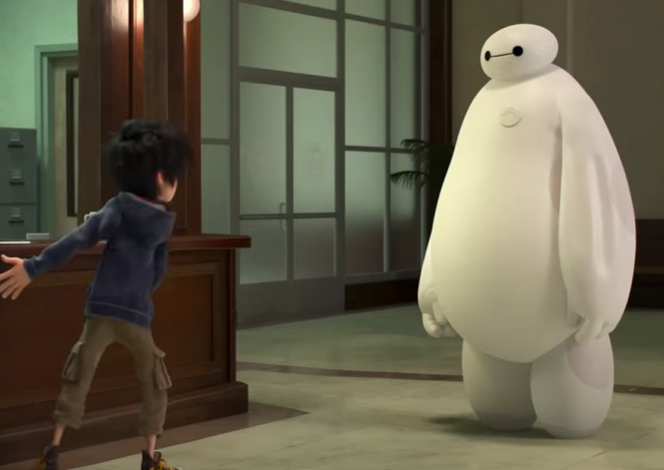 Walt Disney, Big Hero 6 (2014)
Walt Disney, Big Hero 6 (2014)
Kung Fu Panda 2 (2011)
Box Office Revenue: $665.7 million
This DreamWorks sequel tells the tale of the next stage in the journey of Po the Panda to Kung Fu mastery. The feature set a record for highest-grossing film by a female director (Jennifer Yuh Nelson), which stood until the release of Frozen (2013). The voice acting and fight scenes were singled out for praise.
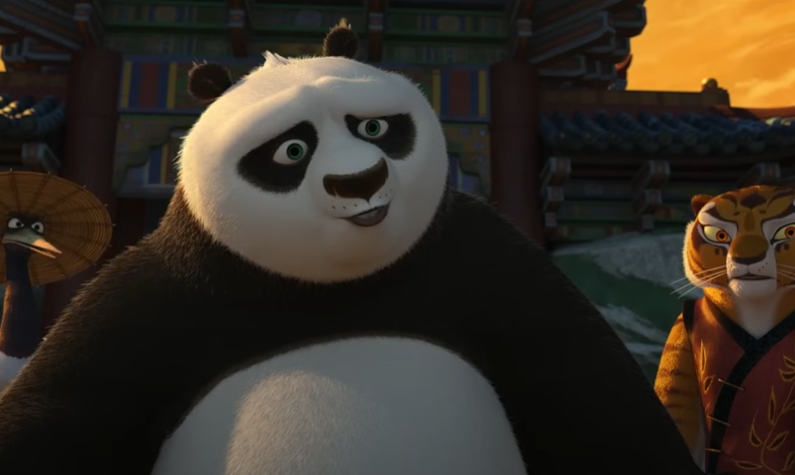 DreamWorks, Kung Fu Panda 2 (2011)
DreamWorks, Kung Fu Panda 2 (2011)
Ice Age 2: The Meltdown (2006)
Box Office Revenue: $667.1 million
Manny the Mammoth, Sid the Sloth, and company return for more prehistoric adventures in this second instalment of the highly successful Ice Age franchise by Blue Sky studios. Though reviews were not uniformly positive, the film’s popularity with audiences was affirmed by further sequels.
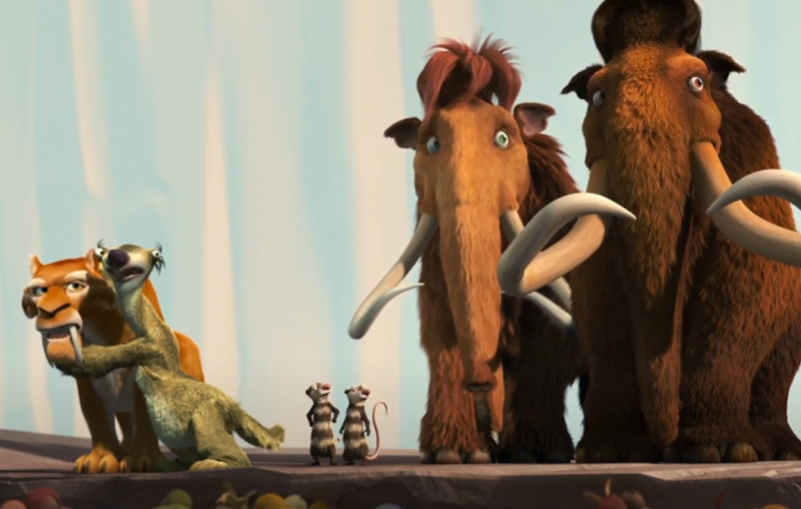 Twentieth Century, Ice Age: The Meltdown (2006)
Twentieth Century, Ice Age: The Meltdown (2006)
Spider-Man: Across The Spider-Verse (2023)
Box Office Revenue: $690.8 million
This significant reimagining of the Spider-Man saga followed up on the success of Spider-Man: Into the Spider-Verse (2018). Produced by Columbia Pictures, it became the sixth-highest grossing film of 2023, winning several awards for Best Animated Feature (Critics’ Choice; Annie; Producers Guild of America) in the process.
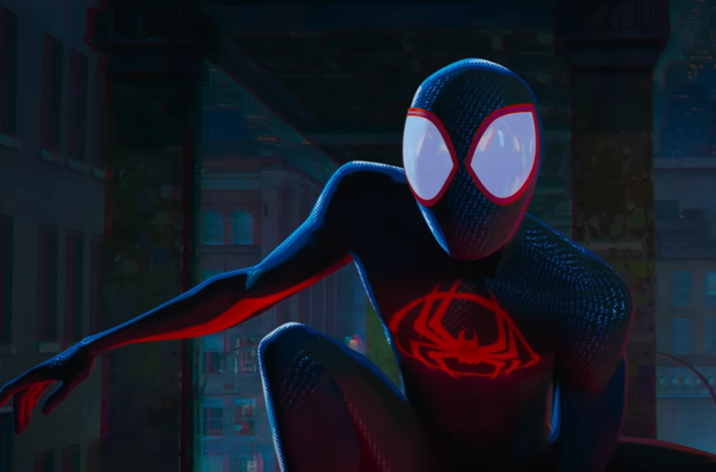 Columbia, Spider-Man: Across the Spider-Verse (2023)
Columbia, Spider-Man: Across the Spider-Verse (2023)
Ne Zha (2019)
Box Office Revenue: $726.3 million
This fascinating production found the bulk of its box office success within its home country of China. The film’s complex plot is based on Chinese mythology and involved the collaborative efforts of 20 different animation studios. It is the highest-grossing non-US animated feature ever made.
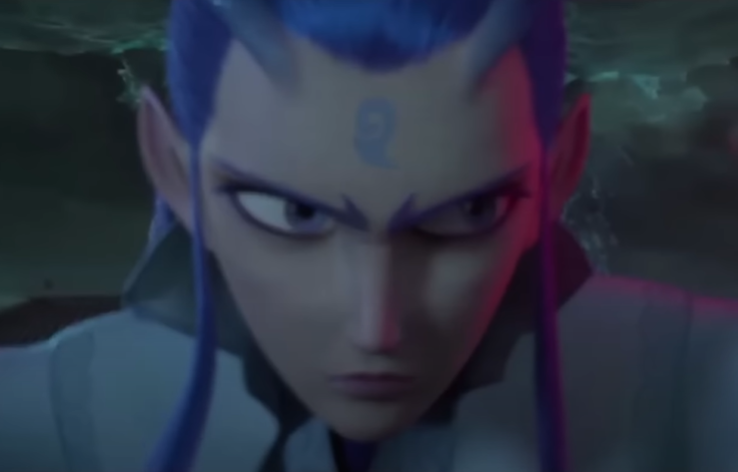 Horgos Coloroom Pictures, Ne Zha (2019)
Horgos Coloroom Pictures, Ne Zha (2019)
Up (2009)
Box Office Revenue: $735.1 million
Pixar Studios surprised everyone with this moving tale of friendship in the quest to save an endangered bird in the rainforests of South America. Claiming several awards, including two Oscars, the film has since come to be known as one of the greatest animated movies of all time.
Monsters University (2013)
Box Office Revenue: $743.6 million
The campus hijinks of several student monsters are the ingredients of this kid-friendly Pixar feature. A new lighting system that added realism to light and shadow was a highlight of this film’s production. Voices were provided by John Goodman, Steve Buscemi, Billy Crystal, and Helen Mirren among others, with a soundtrack by Randy Newman.
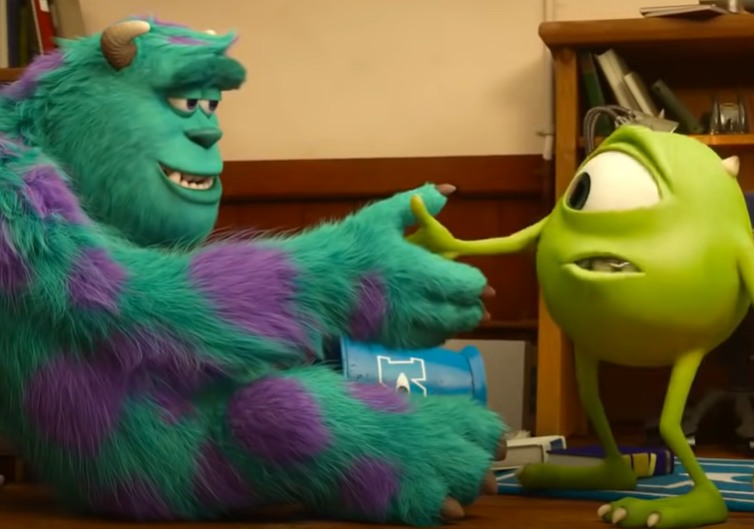 Pixar, Monsters University (2013)
Pixar, Monsters University (2013)
Madagascar 3: Europe’s Most Wanted (2012)
Box Office Revenue: $746.9 million
A group of zoo animals mistakenly returned to the wild try to make their way back home in this third instalment of DreamWorks’ popular Madagascar franchise. The animal antics, visual effects, and memorable soundtrack proved to be an irresistible combination for family audiences.
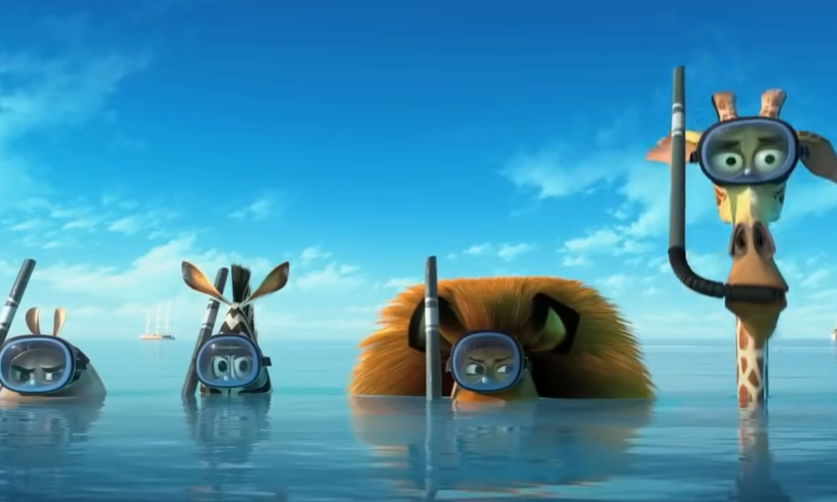 DreamWorks, Madagascar 3: Europe's Most Wanted (2012)
DreamWorks, Madagascar 3: Europe's Most Wanted (2012)
Shrek Forever After (2010)
Box Office Revenue: $752.6 million
The fourth entry in DreamWorks’ Shrek series involved a re-working of the fairy tale of Rumpelstiltskin along with the familiar cast of characters. A sure box office success, critical commentary indicated that the cinematic magic of the first three films was fading.
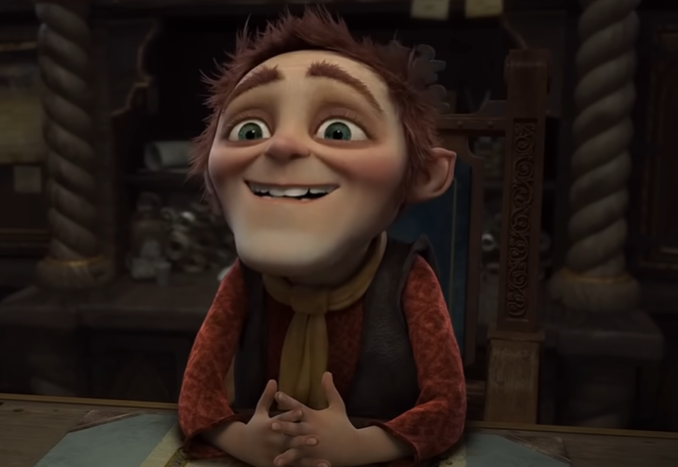 DreamWorks, Shrek Forever After (2010)
DreamWorks, Shrek Forever After (2010)
Shrek The Third (2007)
Box Office Revenue: $813.4 million
Shrek is back as a reluctant king trying to restore order to the monarchy in this third entry in the amusing Shrek series. Though the DreamWorks production received mixed reviews from critics, there was no denying its popular fan appeal.
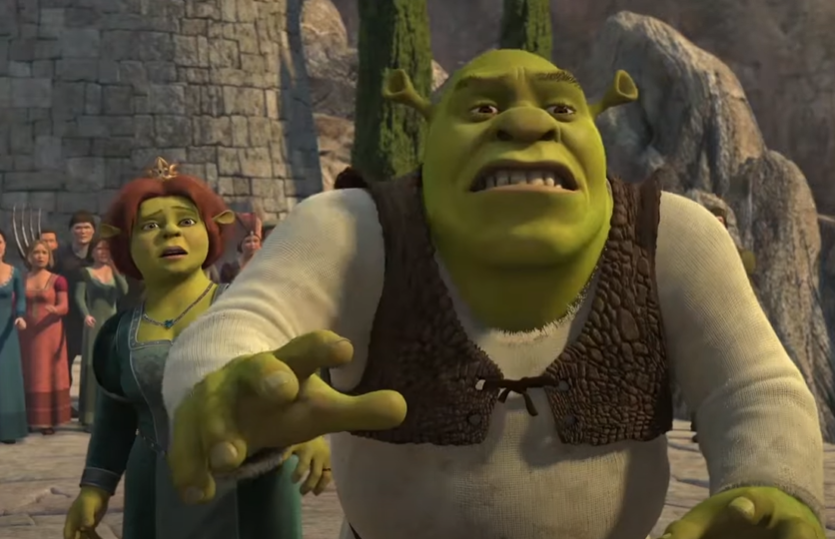 DreamWorks, Shrek the Third (2007)
DreamWorks, Shrek the Third (2007)
Coco (2017)
Box Office Revenue: $814.6 million
This story of a young Mexican boy’s quest to find out the truth of his family’s past is also a celebration of Mexican culture and music. Held in high esteem by critics, the Pixar film received numerous awards, including Oscars for Best Animated Feature and Best Original Song (“Remember Me” by Robert and Kristin Anderson-Lopez).
Inside Out (2015)
Box Office Revenue: $859.1 million
Pixar’s bold storyline of a young girl’s emotions represented by a series of cartoon characters was developed in consultation with a team of neuroscientists and psychologists. The film impressed critics and the public alike, winning a long list of awards, including Oscars for Best Animated Feature and Best Original Screenplay (a rarity for an animated film).
The Secret Life Of Pets (2016)
Box Office Revenue: $875.7 million
The adventures of two dogs trying to find their way home on the streets of New York was a hit with youngsters. The film by Universal Pictures won praise for its depictions of many different animals and its general themes of friendship and loyalty.
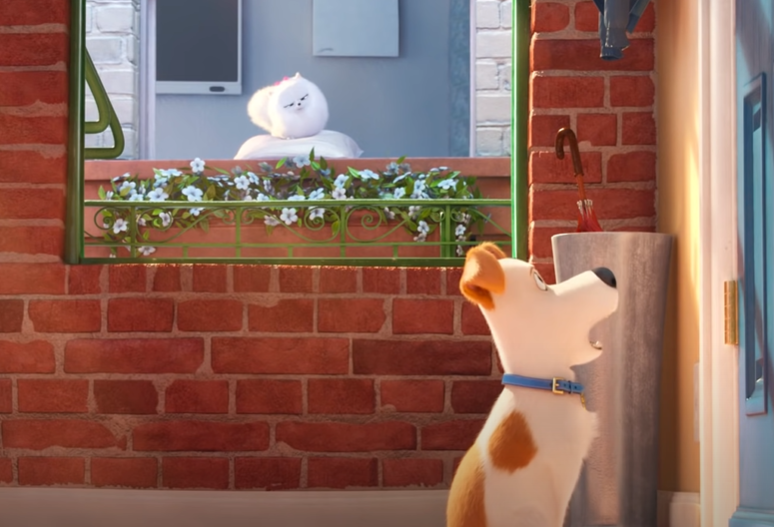 Universal, The Secret Life of Pets (2016)
Universal, The Secret Life of Pets (2016)
Ice Age: Continental Drift (2012)
Box Office Revenue: $877.2 million
This entry in the saga of Manny the Mammoth and friends sees the gang set adrift on an iceberg and attacked by pirates. The story of the group’s predicament received mixed reviews, perhaps reflecting the difficulty of developing new storylines for a film franchise now on its fourth instalment.
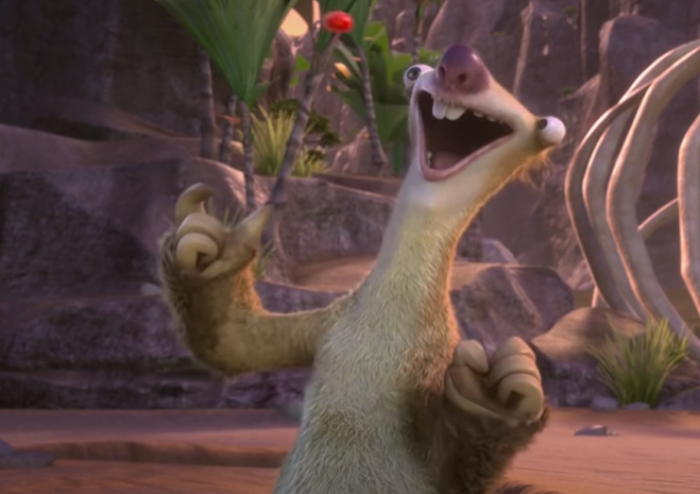 Twentieth Century, Ice Age: Continental Drift (2012)
Twentieth Century, Ice Age: Continental Drift (2012)
Ice Age: Dawn Of The Dinosaurs (2009)
Box Office Revenue: $886.7 million
Sid The Sloth steals three Tyrannosaurus eggs with chaotic consequences for Manny the Mammoth and the rest of the group in this third chapter of the Ice Age series. The first 20th Century Fox film to be released in 3D, it received mixed reviews—the addition of dinosaurs to the series was regarded by some as a gimmick out of place with its ice age setting.
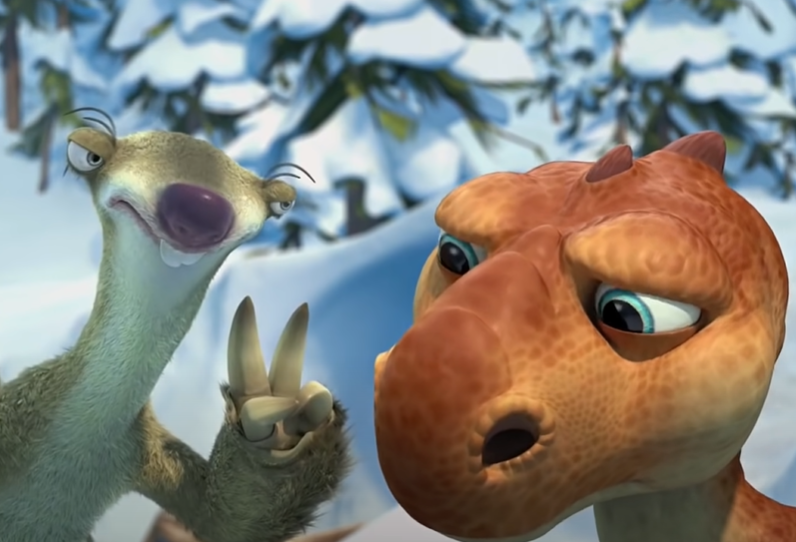 Twentieth Century, Ice Age: Dawn of the Dinosaurs (2009)
Twentieth Century, Ice Age: Dawn of the Dinosaurs (2009)
Shrek 2 (2004)
Box Office Revenue: $932.4 million
The story of Shrek’s conflict with his in-laws and the introduction to the series of new character Puss In Boots were the highlights of this DreamWorks sequel to Shrek (2001). Building on the success of its predecessor, Shrek 2 became the highest grossing film of 2004, and the fourth-highest grossing film of all time at the time of its release.
Minions: The Rise Of Gru (2022)
Box Office Revenue: $940.2 million
Voice acting and music were considered high points in this fifth instalment of the Despicable Me franchise. The film tells the coming-of-age story of Gru and his adventures with the Minions. Delayed for two years by the coronavirus pandemic, the film was very popular with teens, an unusual quality for an animated film.
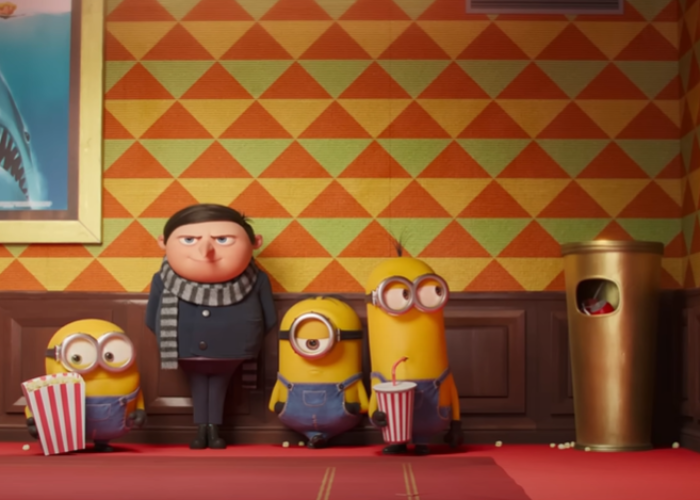 Universal, Minions: The Rise of Gru (2022)
Universal, Minions: The Rise of Gru (2022)
Finding Nemo (2003)
Box Office Revenue: $941.6 million
The story of Marlin the clownfish and his quest to find his long-lost son Nemo was praised across the board by critics and audiences for its screenplay, storyline, and visual effects. The film became the highest-grossing animated feature at the time of its release, and captured the Oscar for Best Animated Feature—the first Pixar film to do so.
Despicable Me 4 (2024)
Box Office Revenue: $961.3 million
Gru must join the witness protection program to avoid a super-villain in this instalment of the Despicable Me franchise. Though reviews have been mixed, the film series and characters have developed such a strong public following that we should expect more sequels in the future.
 Universal, Despicable Me 4 (2024)
Universal, Despicable Me 4 (2024)
Despicable Me 2 (2013)
Box Office Revenue: $970.8 million
Secret agent Lucy Wilde desperately tries to coax Gru out of retirement to help her track down a deadly mutagen in this first sequel of many in the Despicable Me franchise. The box office success of the film against its budget of only $76 million made it the most profitable film in Universal’s history.
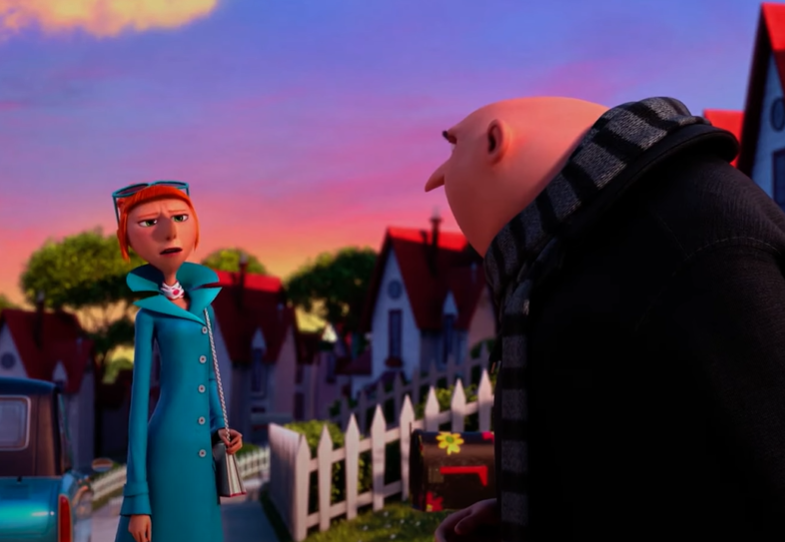 Universal, Despicable Me 2 (2013)
Universal, Despicable Me 2 (2013)
The Lion King (1994)
Box Office Revenue: $981.7 million
The hero’s journey of Simba was the biggest grossing animated feature at the time of its release, a record that stood until Finding Nemo (2003). The lone film on our list that relied mostly on traditional animation techniques, the film was a success on all levels, taking home numerous awards for its story, visual effects, and soundtrack.
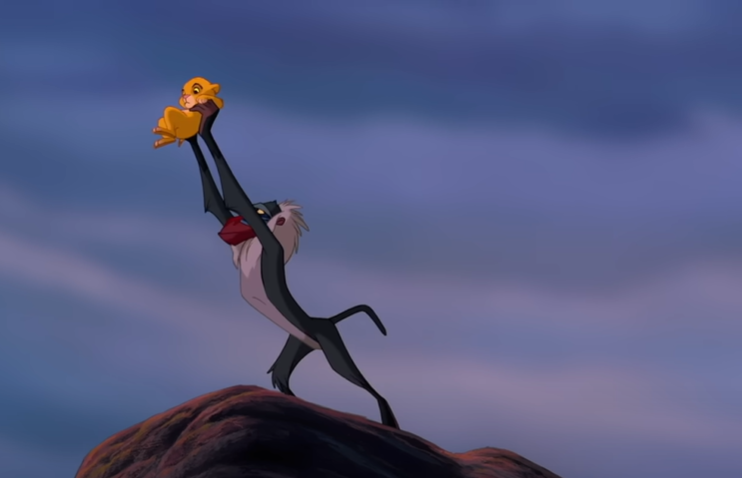 Walt Disney, The Lion King (1994)
Walt Disney, The Lion King (1994)
Zootopia (2016)
Box Office Revenue: $1.025 billion
A rabbit cop partners up with a wily fox to fight crime in this acclaimed Disney production. New software improved the realism of the animals’ fur, and Jason Bateman provided his drily humorous voice. Zootopia took numerous awards for Best Animated Feature, and critics especially appreciated the film’s anti-xenophobic theme.
Finding Dory (2016)
Box Office Revenue: $1.029 billion
The sequel to Finding Nemo is the tale of Dory the forgetful blue tang and her quest to reunite with her parents. The Pixar production was praised by reviewers for its blend of humor and heartfelt emotion.
Despicable Me 3 (2017)
Box Office Revenue: $1.035 billion
Gru and Dru join forces to recover a stolen diamond from a former 80s child actor in this instalment of the Despicable Me series. Though reviews were mixed, the series reliably continued its success at the box office and with series fans.
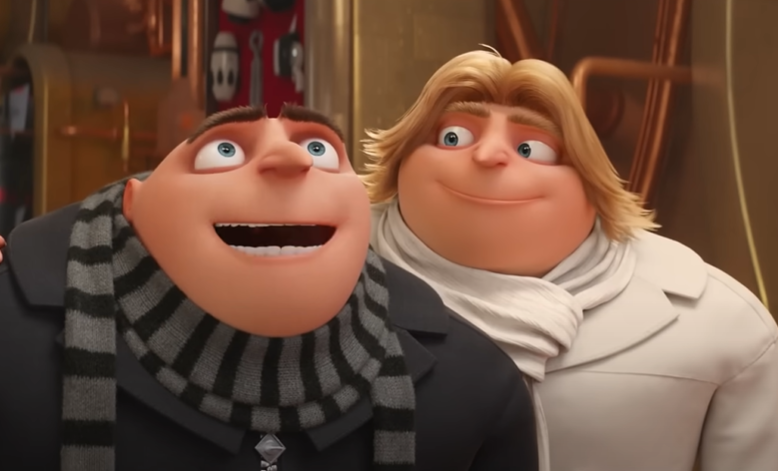 Universal, Despicable Me 3 (2017)
Universal, Despicable Me 3 (2017)
Toy Story 3 (2010)
Box Office Revenue: $1.067 billion
The long-awaited third movie in Pixar’s Toy Story tells the adventure of toys as they are outgrown by their childhood owners. The film was a major critical success, claiming Academy Awards for Best Animated Feature and Best Original Song (Randy Newman’s “We Belong Together”).
Toy Story 4 (2019)
Box Office Revenue: $1.074 billion
The toys embark on a road trip with their new owner, Bonnie, in this fourth instalment in the famous series. The long passage of time between series sequels did no harm to its critical or box office success—the film claimed a long list of awards, including the Oscar for Best Animated Feature.
Minions (2015)
Box Office Revenue: $1.159 billion
This prequel to the Despicable Me series tells the origin story of the now-ubiquitous pellet-shaped yellow creatures. Though the film was not universally praised by critics, it strengthened the franchise’s mass appeal while raking in big bucks at the box office.
Incredibles 2 (2018)
Box Office Revenue: $1.243 billion
Advances in animation since the release of The Incredibles (2004) allowed this sequel to implement even more dazzling effects. Critics praised director Brad Bird for maintaining the series’ emphasis on family dynamics instead of superhero feats. The efforts of Michael Giacchino (soundtrack) and Holly Hunter (voice acting) also received high marks.
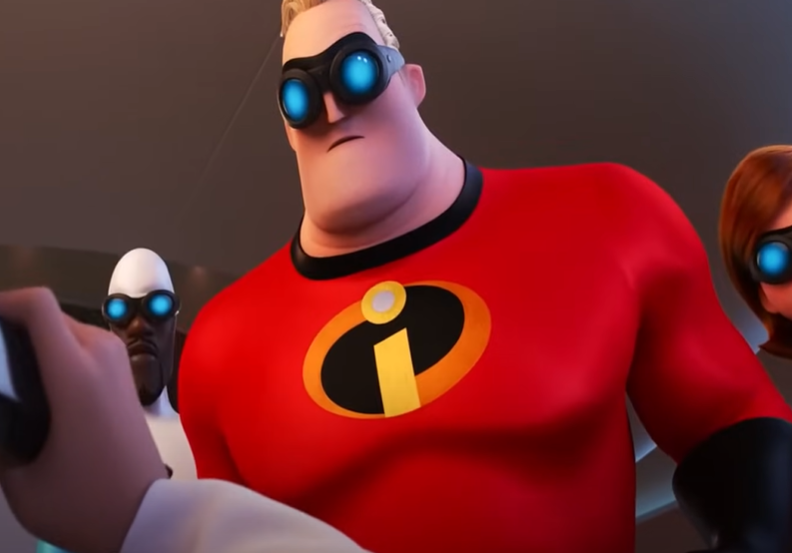 Walt Disney, Incredibles 2 (2018)
Walt Disney, Incredibles 2 (2018)
Frozen (2013)
Box Office Revenue: $1.280 billion
This adaptation of the Hans Christian Andersen’s The Snow Queen became Disney’s biggest breakthrough since The Lion King, aided in large part by its music. The film used new techniques to create dazzling snowy landscapes, in the process claiming numerous awards including Oscars for Best Animated Feature and Best Original Song (“Let It Go” by Kristin Anderson and Robert Lopez).
The Super Mario Bros. Movie (2023)
Box Office Revenue: $1.362 billion
Mario and Luigi are transported to the Mushroom Kingdom in this adaptation of the classic Nintendo game by Universal Pictures. Though reviews were mixed, box office receipts were not—the film was the biggest-ever opening weekend for an animated film. A sequel is scheduled for 2026.
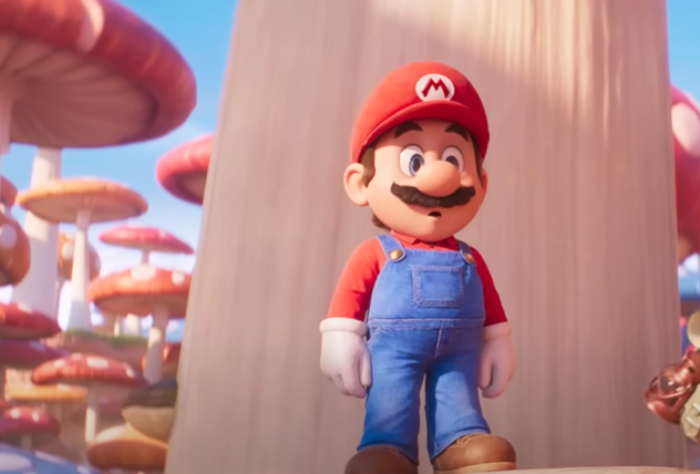 Universal, The Super Mario Bros. Movie (2023)
Universal, The Super Mario Bros. Movie (2023)
Frozen II (2019)
Box Office Revenue: $1.453 billion
Disney’s certainty of box office success overrode its concerns about being unable to maintain the standards of the original Frozen (2013). Though it’s generally considered to fall short of its precursor, Frozen II still received favorable reviews for its thematic content and the high quality of its animation.
The Lion King (2019)
Box Office Revenue: $1.657 billion
Disney employed photorealistic techniques to create an incredible “live action” remake of the original Lion King (1994). Though praised for its effects, the film was criticized for its lack of originality. As with many remakes of successful films, fans and critics wondered why the film needed to be made, aside from its enormous box office take.
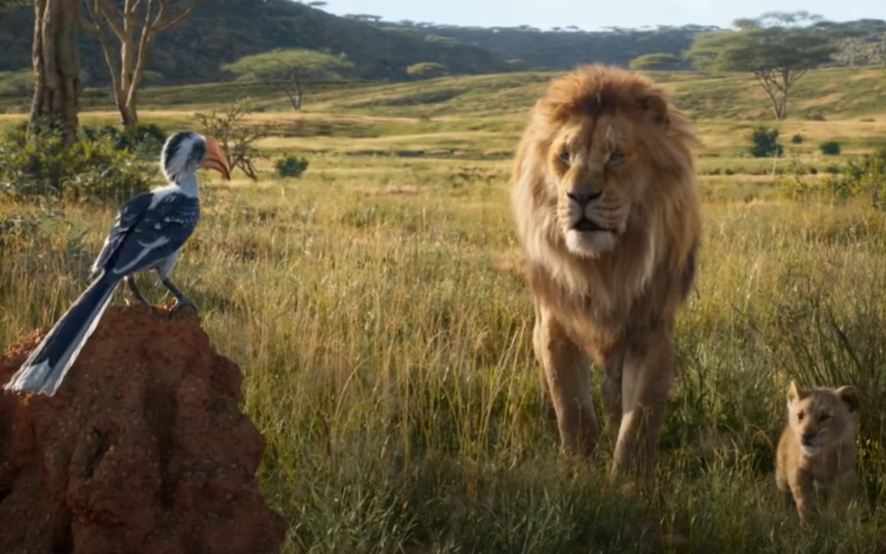 Walt Disney, The Lion King (2019)
Walt Disney, The Lion King (2019)
Inside Out 2 (2024)
Box Office Revenue: $1.696 billion
Pixar Studios’ sequel to Inside Out (2015) features the further growth of Riley—as she becomes a teen, new emotions appear as new animated characters. The producers again relied on psychologists to vet the film’s highly ambitious storyline. Inside Out 2 is a massive blockbuster, and is currently listed as the eighth-highest grossing film of all time.
However, despite the massive success of the movie, a disturbing controversy behind the scenes almost stopped the film from seeing the light of day. Insider reports from Pixar employees describe the film’s production as “the largest crunch in the studio’s history". There were allegations of a toxic workplace, in which staff were pushed to work to their breaking point, told to censor LGBTQ+ content in the film, and even experienced layoffs.


